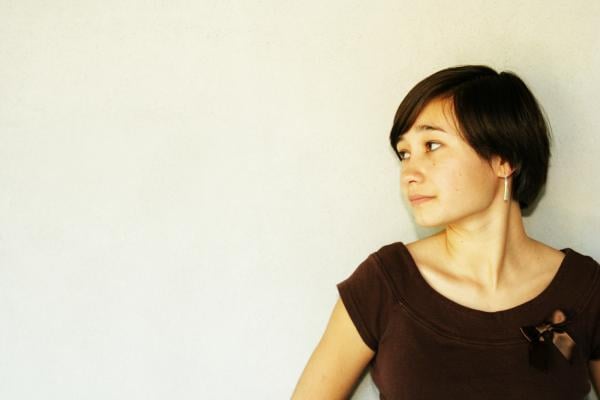
January 3, 2019 — Breast cancer patients who take a heart drug at the same time as trastuzumab have less heart damage, according to a study presented recently at EuroEcho-Imaging 2018, Dec. 5-8 in Milan, Italy.1
“Heart damage is a major side effect of the breast cancer drug trastuzumab and may force patients to stop treatment,” said lead author Maryam Moshkani Farahani, M.D., associate professor, Baqiyatallah University of Medical Sciences, Tehran, Iran. “Our study suggests that patients who take the beta-blocker carvedilol together with trastuzumab have less heart damage than those who take trastuzumab alone.”
The study enrolled 71 patients with non-metastatic HER2-positive breast cancer. Patients were randomly allocated to receive trastuzumab with, or without, carvedilol.
Impaired function of the heart’s left ventricle is the main type of heart damage caused by trastuzumab. Carvedilol is used to treat patients with impaired left ventricular function after a heart attack. It is also prescribed for heart failure and high blood pressure.
For the study, an imaging technique called two-dimensional speckle tracking echocardiography was used to assess the systolic and diastolic function of the left ventricle initially and at three months. Specifically, systolic function was measured using global longitudinal strain and strain rate, while diastolic function was assessed with strain rate.
According to all of the measurements, systolic and diastolic left ventricular function were better preserved at three months in patients who took carvedilol with trastuzumab compared to those who took trastuzumab alone.
The pumping function of the heart (left ventricular ejection fraction) did not differ between treatment groups at the start of the study or at three months. “The measures we used to assess left ventricular function – namely global longitudinal strain and strain rate – are more sensitive than left ventricular ejection fraction,” explained Moshkani Farahani.
She noted that carvedilol can cause side effects, such as dizziness, drowsiness, fainting, mood changes, shortness of breath and diarrhoea. Patients who feel unwell when taking the medication should consult their doctor.
Moshkani Farahani concluded: “The findings indicate that carvedilol may be an effective way to prevent the heart damage caused by trastuzumab treatment. We now advise our patients with non-metastatic HER2-positive breast cancer to take prophylactic carvedilol, but a larger study is needed before firm recommendations can be made.”
For more information: www.escardio.org
Reference


 January 28, 2026
January 28, 2026 









